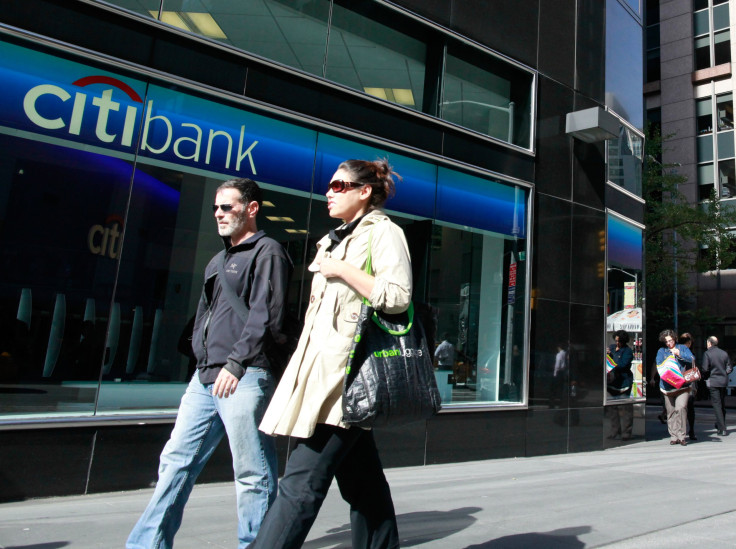Citigroup Unit To Pay $5 Million To Settle SEC Charges

(Reuters) - A private trading venue owned by Citigroup (C.N) will pay a $5 million penalty to settle charges that it failed to protect customers' data, marking the latest case in a crackdown by U.S. regulators over alleged market rule violations.
The Securities and Exchange Commission said the unit, LavaFlow Inc., is settling the civil case without admitting or denying the charges.
The SEC said LavaFlow failed to put adequate safeguards and procedures in place to protect its subscribers' confidential trading information from March 2008 through March 2011.
As a result, another affiliate was then able to access the data and use it to help determine where to route certain orders, the SEC said.
A Citigroup spokesman said the bank is "pleased to put this matter behind us."
The charges against LavaFlow, which were filed on Friday, mark the fourth case since 2011 that the SEC has filed against an "alternative trading system" (ATS), a type of trading platform that competes with traditional exchanges.
Most recently, the SEC in June levied charges against another ATS operator called Liquidnet, also in connection with a breach of confidential subscriber data.
In that case, the SEC said Liquidnet used the private trading data of customers to market its services. Liquidnet settled the case and paid a $2 million penalty.
The SEC said on Friday that LavaFlow's $5 million penalty is the largest ever imposed on an ATS operator.
The SEC's prior three cases against ATS venues were targeting a type of platform known as a "dark pool," which lets investors trade anonymously and does not publicly display quotes.
LavaFlow is distinct in that it is not a dark pool. Rather, it operates as an "electronic communications network," or ECN, a trading venue that displays some information about pending orders in the system.
The SEC's enforcement crackdown on ATS operators comes as the agency drafts new rules to make private trading venues more transparent.
SEC Chair Mary Jo White announced earlier this year she plans to eventually propose new rules that would require ATS operators to disclose more details to the public about the way they operate.
Dark pool venues in particular have come under scrutiny in recent years, amid concerns that their unlit markets may be driving too much volume away from traditional exchanges and harming price quality.
Other regulators besides the SEC also have been turning their attention to dark pools.
On July 1, Goldman Sachs (GS.N) agreed to pay an $800,000 fine to the Financial Industry Regulatory Authority (FINRA) to settle a case over pricing rule violations in its ATS.
In addition, New York Attorney General Eric Schneiderman is pursuing fraud charges against a dark pool run by Barclays (BARC.L), saying the bank lied to clients about how it policed the pool for high-speed traders.
Barclays on Thursday filed court documents seeking to dismiss the case, which it said had "fatal flaws."
© Copyright IBTimes 2024. All rights reserved.





















